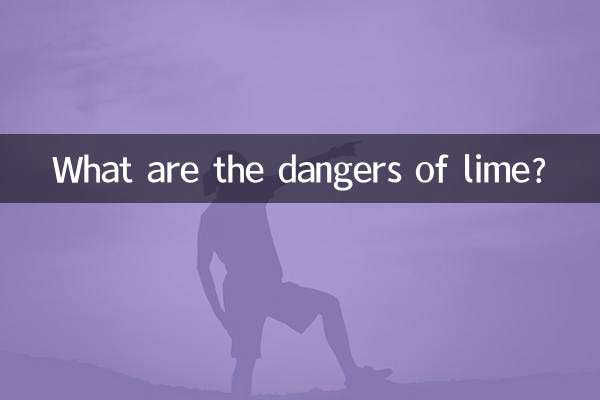What is the reason for slow movement?
Slowness of movement refers to a person's movements becoming slow, inflexible, or even having coordination disorders when performing daily activities. This phenomenon can be caused by a variety of causes, including physical, psychological, neurological or environmental factors. The following is the discussion and analysis related to slow movement in hot topics on the Internet in the past 10 days.
1. Common causes of slow movements

There are many reasons for slow movement. Here are some common reasons summarized in recent popular discussions:
| Reason Category | Specific performance | Popular discussion keywords |
|---|---|---|
| physiological factors | Aging, muscle atrophy, joint disease | Aging, arthritis, osteoporosis |
| neurological factors | Parkinson's disease, stroke, multiple sclerosis | Parkinson's disease, stroke rehabilitation, neurodegenerative diseases |
| psychological factors | Depression, anxiety, post-traumatic stress disorder | Mental health, depressive symptoms, anxiety effects |
| drug side effects | Sedatives, antipsychotics, antihypertensive drugs | Adverse drug reactions and side effect management |
| environmental factors | Sedentary life, lack of exercise, bad living habits | Dangers of prolonged sitting, lack of exercise, lifestyle diseases |
2. Analysis of recent hot topics
According to the data of the entire network in the past 10 days, the following topics are closely related to slow movement:
1.Early symptoms of Parkinson's disease: Parkinson's disease is a typical neurodegenerative disease that causes slow movement. Recently, many popular science articles have mentioned its early symptoms, such as hand tremors and unsteady gait.
2.Prolonged sitting and health risks: The sedentary lifestyle of modern people has become a hot topic, and many studies have shown that sitting for a long time can lead to muscle atrophy and slow movement.
3.The impact of depression on mobility: The topic of mental health continues to heat up. Patients with depression often suffer from slow movement and loss of interest. There have been a lot of related discussions recently.
4.Intervention measures for slow movement in the elderly: As aging intensifies, how to improve slow movement in the elderly through exercise, diet and medical treatment has become a focus.
3. Countermeasures for slow movements
For different reasons for slow movements, the countermeasures mentioned in recent hot discussions are as follows:
| reason | Countermeasures | Hot tips |
|---|---|---|
| physiological factors | Moderate exercise, physical therapy, nutritional supplements | Tai Chi, yoga, calcium supplement |
| neurological factors | Drug treatment, rehabilitation training, surgical intervention | Dopamine drugs, gait training, deep brain stimulation |
| psychological factors | Psychological counseling, drug treatment, social support | Cognitive behavioral therapy, antidepressants, companionship with family and friends |
| drug side effects | Medication adjustments, alternative therapies, physician consultation | Drug dosage adjustment, Chinese medicine conditioning |
| environmental factors | Change living habits, increase exercise, and adjust work | Standing office, regular activities, workplace exercises |
4. Summary
Slowness of movement is a phenomenon caused by many factors. Recent discussions on the Internet have mainly focused on the impact of neurodegenerative diseases, mental health and lifestyle. By analyzing trending topics, we can gain a more complete understanding of the causes of sluggishness and how to deal with it. Whether it is physical, psychological or environmental factors, early intervention and comprehensive treatment are the keys to improving slowness of movement.
If you or someone around you has unexplained slow movements, it is recommended to seek medical advice promptly and take targeted measures after the cause is determined. Maintaining a healthy lifestyle, a positive attitude and moderate exercise are effective ways to prevent and improve slowness of movement.

check the details

check the details